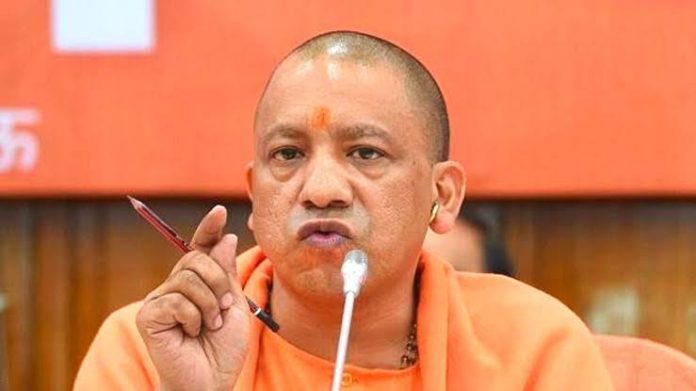Uttar Pradesh Chief Minister Yogi Adityanath’s recent remarks about prohibiting namaz on public roads have ignited a heated debate across the nation. In a stern defense of his administration’s stance, Adityanath asserted that roads should be reserved for traffic and should not be used for religious activities that disrupt public order. This move has been met with widespread criticism from various quarters, with many warning that such statements could disturb the social harmony of the state.
In a recent interview with PTI, Adityanath urged Muslims to adopt the discipline observed in Hindu religious events such as the Maha Kumbh Mela, which attracts millions of devotees but is largely incident-free. Drawing a sharp contrast, he claimed that public spaces should be managed in an orderly fashion, promoting societal discipline.
The chief minister also raised concerns about the Waqf (Amendment) Bill, which seeks to reform Waqf boards that he claimed have failed to serve the welfare needs of the Muslim community. He questioned why Waqf properties have not been utilized to benefit the community, likening them to Hindu temples and mutts, which he said actively contribute to charity and public welfare. Adityanath’s comments have sparked further controversy regarding the management of religious properties.
On the controversial “bulldozer model,” Adityanath defended his administration’s approach to crime control and encroachment removal. While critics argue that this tactic disproportionately targets marginalized communities, Adityanath claimed that no legal issues had been raised by the Supreme Court regarding its use and that it has been instrumental in improving governance.
When asked about the recent ban on namaz in public spaces in Meerut, Adityanath remained firm in his defense. He stated that public roads are meant for movement, not for religious gatherings, and advised Muslims to look to Hindu practices for examples of maintaining discipline in public spaces.
These statements have left many questioning whether such rhetoric fosters unity or deepens religious divides. Critics argue that promoting communal harmony requires sensitivity to the diverse religious practices of all communities and a more inclusive approach to governance.
As Uttar Pradesh continues to be a focal point of political and social debates, the implications of Adityanath’s statements remain a subject of intense scrutiny.




